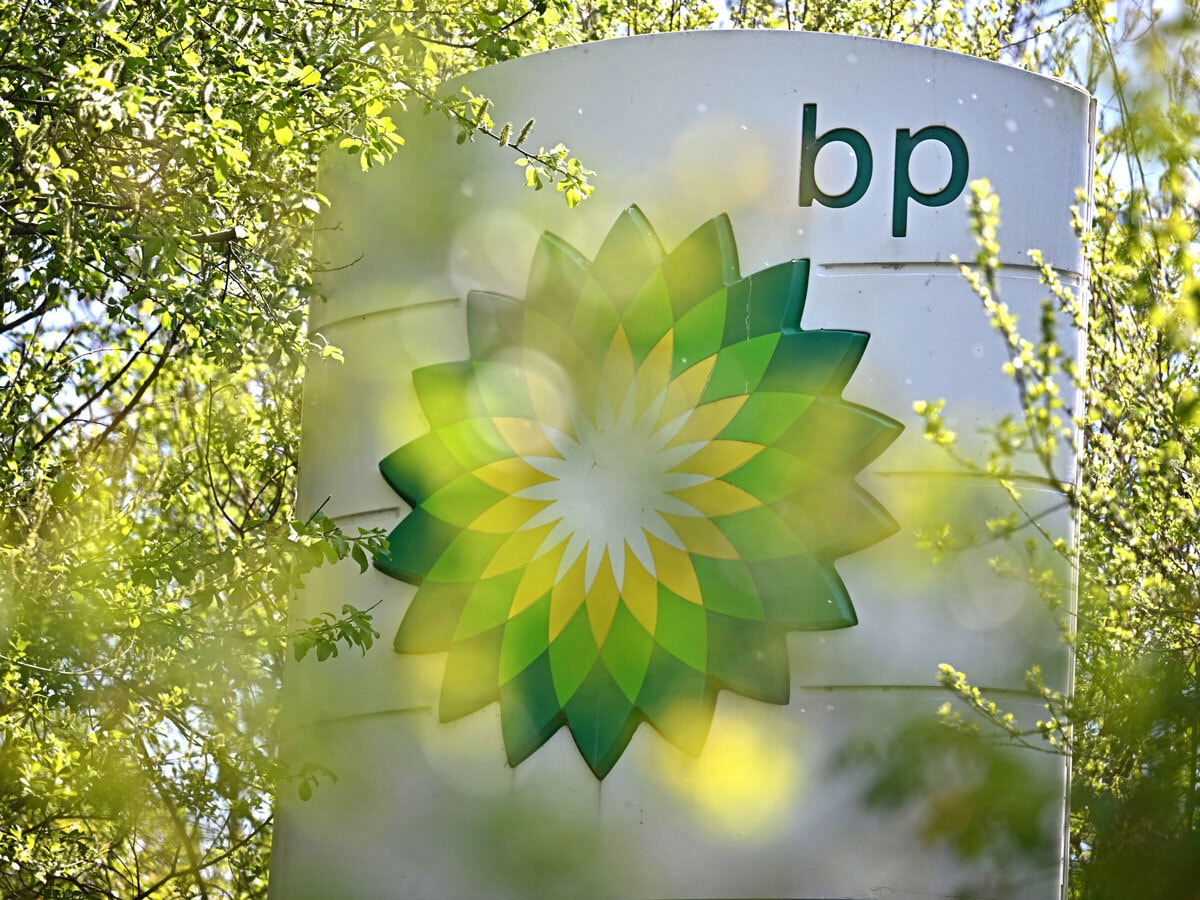After de-prioritising green energy in February following bumper profits, BP is now tapping into the gas reserves in the resource-rich Mediterranean and Middle Eastern region. It also wrote down the value of its refinery in Germany by $1.4bn, blaming a global shift to green energy and a surge in demand for EVs.
BP’s [BP.L] share price soared over 43% last year, driven by the rise in demand for oil and gas. Prices for oil had already been on the up after the pandemic, but the war in Ukraine sparked concerns about supplies, with Brent Crude at one point hitting $128 a barrel, before receding to around $80.
Year-to-date, BP shares have gained a further 7.6%, to close Friday 31 March 2023 at 510.8p. Record profits and high oil prices have been boosting investor confidence, but its renewed focus on fossil fuels has put the oil giant’s commitment to renewable energy in question.
BP scales back carbon reduction commitments
BP has joined forces with Abu Dhabi’s ADNOC in a joint venture to buy 50% of Israel’s NewMed Energy [NWMD.TA] in a take-private deal worth about $2bn. NewMed Energy owns 45% of Israel’s largest gas field, Leviathan. The deal will strengthen BP’s presence in the Med and comes at a time when Europe is scrambling to find new sources following the invasion of Ukraine. BP shares jumped 3% on the news.
News of BP expanding into gas fields in the Middle East comes hot on the heels of its decision to scale back its carbon emission targets by cutting oil and gas production. The company said in February that it would now target a 20-30% reduction by 2030, rather than one of 35-40%. CEO Bernard Looney justified the decision by claiming that recent political turmoil meant that the world needs “secure” energy sources.
The cut came after BP delivered underlying earnings of $27.7bn for 2022, thumping the $12.8bn reported in 2021, which had been considered a strong year. The stellar profits were fuelled by rising oil and gas prices in the first half of 2022. For 2023 BP said that the reopening of the Chinese economy and low inventory levels would help support prices.
BP CEO Bernard Looney’s pay package more than doubled to £10m after the record profits. This drew criticism from consumers battling the cost of living crisis, as well as campaigners. Greenpeace UK’s Mel Evans said it is “fundamentally wrong that energy companies are profiting from a war overseas, whilst at the same time increasing wealth inequality in the UK.”
Looney’s bumper pay-out was taken down a notch in part due to an assessment of the company’s safety record. The latest furore came in March when BP was slapped with a fine from US authorities amid allegations that it was responsible for “serious violations” at its refinery in Toledo, Ohio, when in September 2022 two members of staff died in an explosion.
Where next for BP’s share price
Under the guise of energy security, countries have started to re-embrace fossil fuels. The US has approved new projects to drill for oil in Alaska, and Germany has fired up its coal plants. Oil demand is expected to hit record levels this year as top importer China’s economy reopens after strict Covid-19 curbs were lifted.
Renewables will play a big part in future power generation. The share of US power generation from renewables is expected to increase from 21% in 2021 to 44% by 2050, according to the Energy Information Agency. But while demand rises for fossil fuels, BP is likely to benefit.
BP has a median 12-month price target of 596.68p. Hitting this would see a 16.8% upside on Friday’s close. The next key date for investors will be 2 May, when BP delivers its first quarter results and dividend announcement.
Disclaimer Past performance is not a reliable indicator of future results.
CMC Markets is an execution-only service provider. The material (whether or not it states any opinions) is for general information purposes only, and does not take into account your personal circumstances or objectives. Nothing in this material is (or should be considered to be) financial, investment or other advice on which reliance should be placed. No opinion given in the material constitutes a recommendation by CMC Markets or the author that any particular investment, security, transaction or investment strategy is suitable for any specific person.
The material has not been prepared in accordance with legal requirements designed to promote the independence of investment research. Although we are not specifically prevented from dealing before providing this material, we do not seek to take advantage of the material prior to its dissemination.
CMC Markets does not endorse or offer opinion on the trading strategies used by the author. Their trading strategies do not guarantee any return and CMC Markets shall not be held responsible for any loss that you may incur, either directly or indirectly, arising from any investment based on any information contained herein.
*Tax treatment depends on individual circumstances and can change or may differ in a jurisdiction other than the UK.
Continue reading for FREE
- Includes free newsletter updates, unsubscribe anytime. Privacy policy





